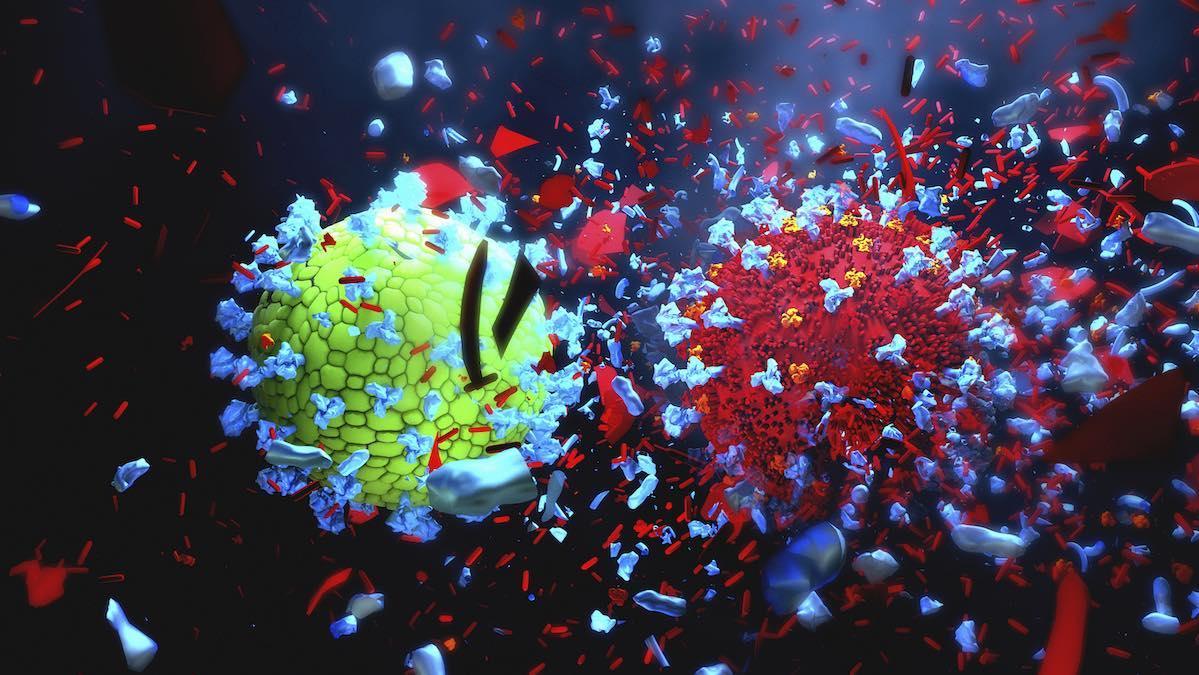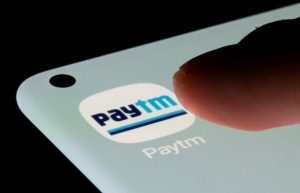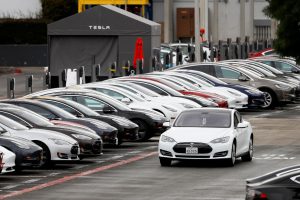A vaccine to combat the Covid-19 pandemic could be rolled out as early as September.
In the race to find a coronavirus cure, the University of Oxford in the United Kingdom appears to have edged ahead of three Chinese consortiums.
Last week, the UK government announced that a further £20 million, or US$24.7 million, would be injected into the project.
“We aim to have about a million doses by September once we have the results of our vaccine efficacy tests,” Professor Adrian Hill, director of the Jenner Institute at the University of Oxford, told the media.
“Then we’ll move even faster from there because it’s pretty clear that the world is going to need hundreds of millions of doses ideally by the end of the year to end this pandemic and let us out of lockdown safely,” he added.
Emergency approval will be needed for the vaccine to be mass-produced if it proves “safe and effective.” Health workers would be at the front of the queue.
But before then, UK human trials will be expanded to 6,000 test cases by the end of May from 1,112 during phase one.
Back in March, scientists at the National Institutes of Health’s Rocky Mountain Laboratory in Montana “inoculated six rhesus macaque monkeys” with a single dose of the Oxford vaccine. They had been bombarded by the SARS-CoV-2 virus, which causes the Covid-19 disease, under laboratory conditions.
Imperial College
“More than 28 days later, all six were healthy, said Vincent Munster, the researcher who conducted the test [in the United States],” The New York Times reported.
Yet the University of Oxford research team has been quick to stress that the timeline is “highly ambitious” and could change.
Still, a further £22.5 million has been pumped into another UK project involving Imperial College in London, which has been conducting research into SARS-CoV-2 since February.
“This investment will help us accelerate our clinical program, moving from starting human safety trials in June through to testing whether the vaccine can prevent infection in the wider community,” Robin Shattock, of the London Department of Infectious Disease at Imperial College, said.
“We are working as fast as we can to determine the vaccine’s efficacy and to get to a position where millions or billions of the vaccine can be manufactured rapidly,” he added.
So far, more than 3 million people have been infected globally by this new strain of coronavirus with the death toll edging past 211,000. In Europe, Italy, Spain, France and the UK have been ravaged by the Covid-19 crisis, while the US has reported more than 1 million cases of infection with the death toll surging past 56,000.
In China, the National Institutes for Food and Drug Control, and Sinovac Biotech have started human testing in Xuzhou, a major city in Jiangsu province.
“Preclinical [results] on non-human primates found that when given at a sufficient dose, the vaccine could provide protection against Sars-CoV-2,” a preliminary paper said after being released by the research team on medRxiv.org and reported by the Chinese media.
Two other major trials have already entered a second stage in China. They were launched by the Wuhan Institute of Biological Products and the Wuhan Institute of Virology, and China’s Academy of Military Medical Sciences and CanSino Bio.
Up to 76 “vaccine candidates” are already under development, according to Science. “But public health officials have cautioned that from start to finish, it takes at least one year to prove whether a candidate is safe and effective. And that’s if no problems surface,” the leading source for scientific, technical and medical research said.
Even so, the first clinical test of a vaccine in Germany was approved earlier this month by the Paul-Ehrlich-Institut, the country’s regulatory body. The drug has been developed by the German firm, Biontech, and Pfizer, a corporate giant in the US.
Big beasts of the pharmaceutical industry, GlaxoSmithKline and Sanofi, also announced in April that they had joined forces to work on a vaccine in the next 12 to 18 months. “We are planning to start trials [soon],” Emma Walmsley, the CEO of GSK, told the media in a video call.
AstraZeneca, another leading pharmaceutical group, will start clinical tests of its cancer drug, Calquence, “to assess its potential to control the exaggerated immune system response associated with Covid-19 infection in severely ill patients,” the Reuters news agency reported last week.
American healthcare group Johnson & Johnson is also working on a vaccine as is biotech business Moderna, which started testing earlier this month.
In Australia, research has been funded by the Coalition of Epidemic Preparedness Innovation, or the CEPI, and the World Health Organization, Asia Times reported in April. Animal trials have already taken place.
“Ultimately, the development and delivery of a safe and effective vaccine will be needed to fully interrupt transmission,” Tedros Adhanom Ghebreyesus, the director-general of the WHO, told a virtual briefing.
Literally, a race to immunize the human race.
This story appeared first on Asia Times
























